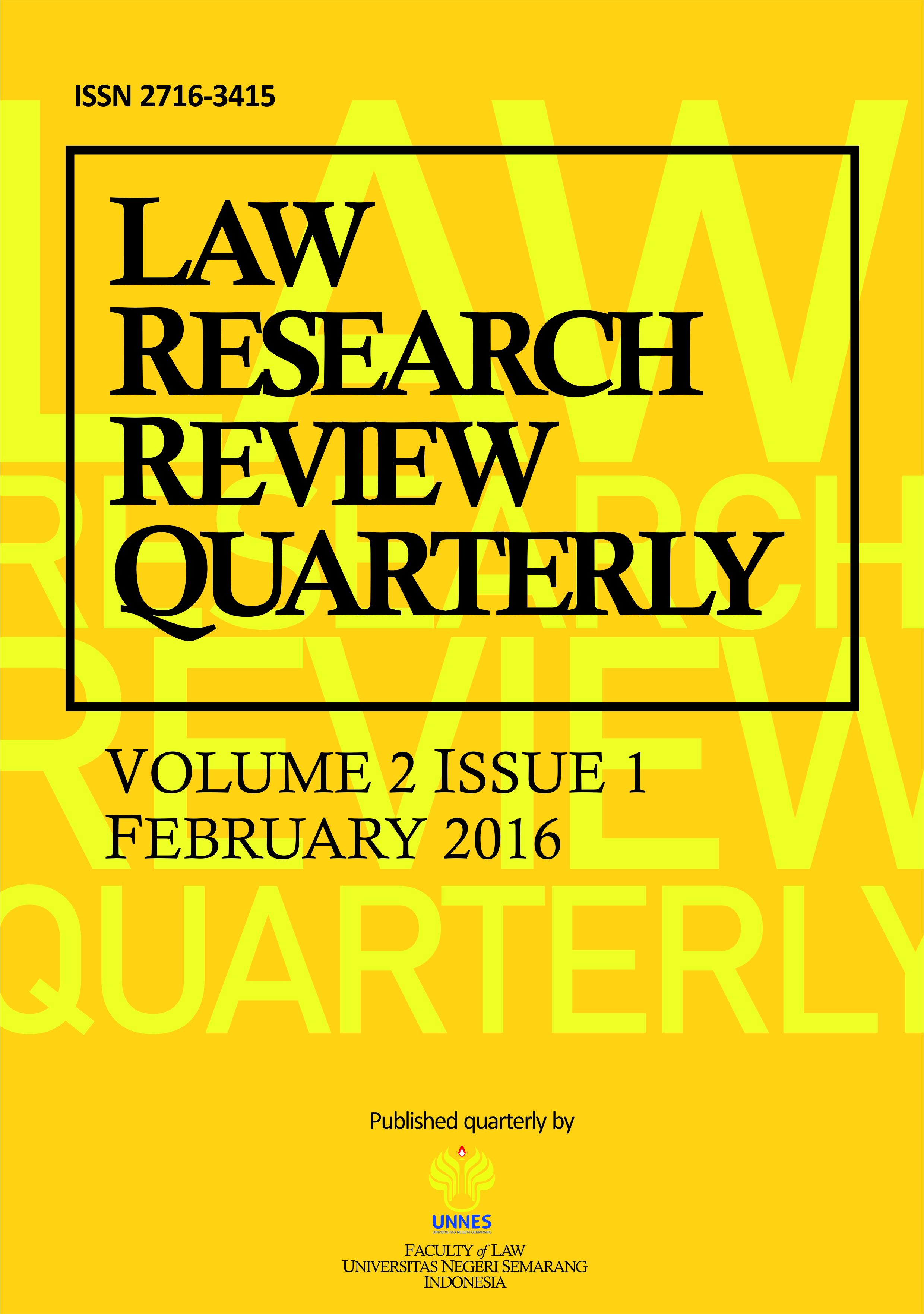Revitalization of Pancasila Ideology in Enforcement of Forest Fires: Strengthening the Authenticity of Indonesian Wisdom Based on Local Wisdom
Main Article Content
Abstract
Enforcement of forest fires carried out by formal institutions, such as courts and the government shows a formalist, deterministic attitude, the law is understood narrowly and involutively even uprooted from the ideological / philosophical roots of the Pancasila. The attitude of law enforcers who often ignore the sense of justice of the community with controversial and discriminatory decisions adds to a series of law enforcement problems. This legal paper refers to the object of study, namely the Pancasila Ideology as a paradigm in the Enforcement of Forest Fire Law to Strengthen the Authenticity of Indonesian Wisdom Based on Local Wisdom in Indonesia. In this legal paper uses a philosophical approach to examine in depth the Pancasila Ideology in enforcing forest fires. Sources of material in this paper were obtained from observations, research and literature studies. The laws, especially those related to the Environment, failed to transform the ideological / philosophical foundation of the Pancasila, which had become a value and spirit for the long journey of the Indonesian nation. This happens because there is no or less attention to local wisdom and national interests. The theory put forward by Robert B. Seidman, "The Law of Non-Transferability of Law", concludes that the law of a nation cannot be taken for granted, without having to take over the surrounding aspects (socio-cultural aspects) where the law rests. Borrowing the term Satjipto Rahardjo, law is not in a vacuum, but it is with other social sub-systems, in a wider social system.
Article Details
All writings published in this journal are personal views of the authors and do not represent the views of this journal and the author's affiliated institutions. Author(s) are retain the copyrights of the Article. However, before publishing, it is required to obtain written confirmation from Author(s) in order to ensure the originality (Author Statement of Originality). The statement is to be signed by at least one of the authors who have obtained the assent of the co-author(s) where applicable.This work licensed under a Creative Commons Attribution-ShareAlike 4.0 International (CC BY-SA 4.0)
